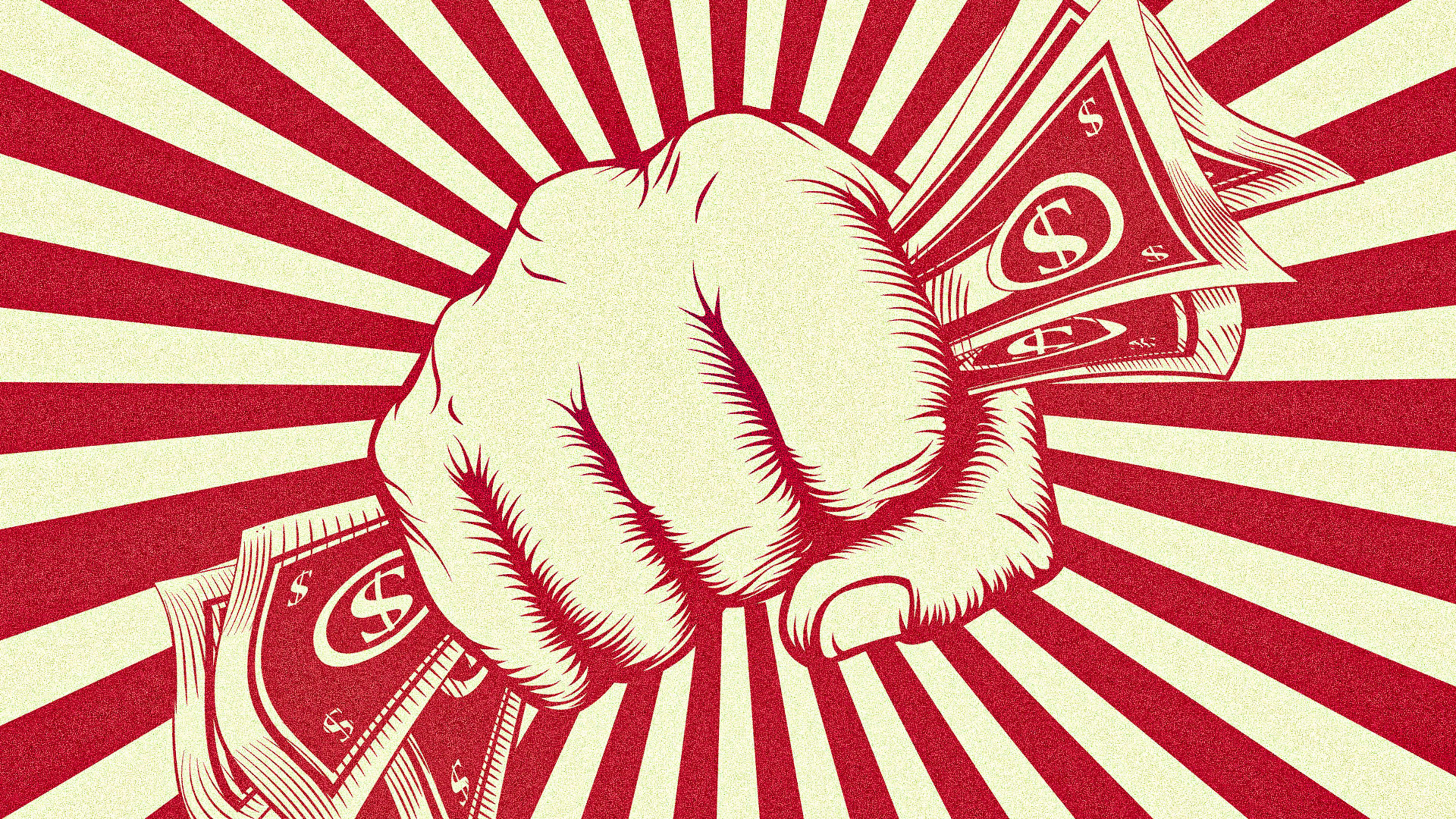A growing labor crisis has thrown into stark relief the economic plight of some of the country’s lowest-paid workers, and calls to raise the minimum wage have been rattling the halls of Congress for years—as has cross-aisle debate on the pros and cons of such a move. Among the arguments are the impact on labor markets, inflation, and whether low-income families can afford to eat.
But the effect on shelter—arguably one of the most essential basic needs—has been relatively unexplored, according to researchers from Penn State University. The team aims to address that with a recent study published in the Journal of Urban Economics, which analyzed how minimum wage hikes have jived with people’s ability to pay rent.
Researchers scoured data on rent payments in 208 cities in 41 U.S. states from 2000 to 2009, including the number of renters who defaulted on payments. As it turned out, the data dovetailed with state-level minimum wage law amendments during that time. States that upped their minimum wage saw 10.6% fewer rent defaults in the following three months compared to those whose starting pay stayed static.
But while that’s statistically significant, it also didn’t last. The boost in rent payments flattened over time, and substantially so by the end of three months. Penn State’s team attributes this to its second major conclusion: that landlords raised their rent prices in response to the wage hikes.
There was still a net positive, says Brent Ambrose, a faculty chair in real estate at Penn State and a lead author of the study. “After rents went up in response to the increase in income, people still had some additional income compared to before,” he said. However, “it wasn’t as big of a surplus as people would like to think raising the minimum wage leads to.” Despite the accompanying rent inflation, Ambrose also claimed the benefits were notable: “The increased income helped stabilize people’s ability to pay their rent, particularly for people at the lower end of the housing expense market, where we saw the biggest effect.”
With that, the study becomes another piece of the puzzle in solving the minimum wage debate. Higher starting pay could help keep people housed—and beyond that, support their means to live, especially for traditionally underpaid demographics like women and people of color. In fact, fostering equity is among the key arguments for the move.
Conversely, arguments against it note the potential for inflation, as seen in rising rent costs within Penn State’s study—which given the principles of supply and demand, could be expected. That principle also underpins claims that higher minimum wage could result in lost jobs or staff cutbacks, which Ambrose explains as “companies [reducing] the number of hours they’re offering their employees because they have to pay more for those hours and they’re not able to pass that cost on to consumers.”
Mirroring the debate, recent reports from the Congressional Budget Office estimated that doubling the minimum wage could cause 1.4 million job losses, but also projected that the move would improve the standards of living for 17 million people, including 1.3 million being elevated above the poverty line.
The federal minimum wage has stood at $7.25/hour since its last increase in 2009. In 2019, the House of Representatives passed a bill that would raise the wage to $15/hour by 2025, but it was denied a vote in the Senate.
Recognize your brand’s excellence by applying to this year’s Brands That Matter Awards before the early-rate deadline, May 3.
